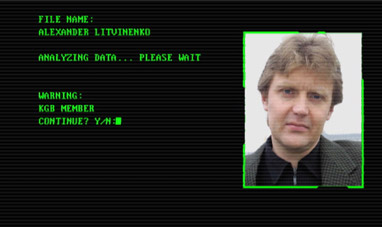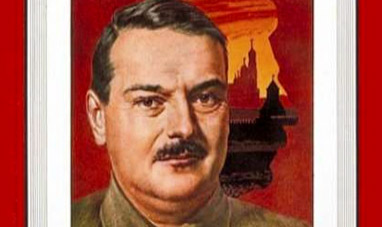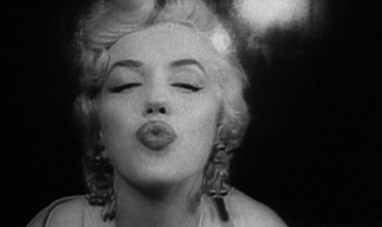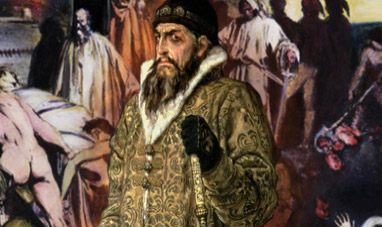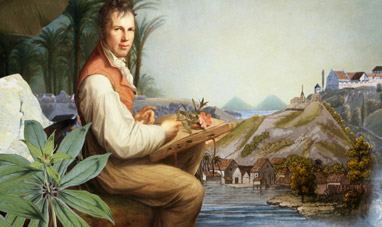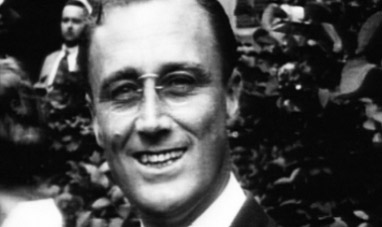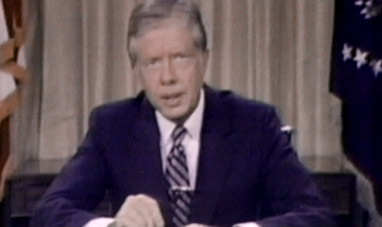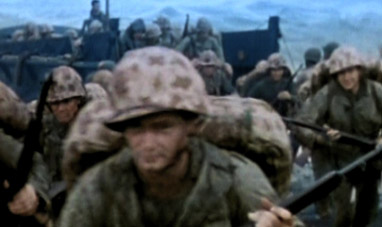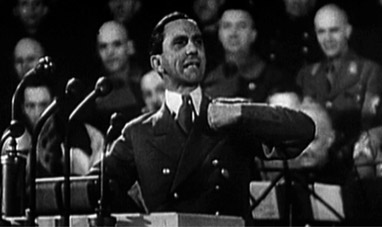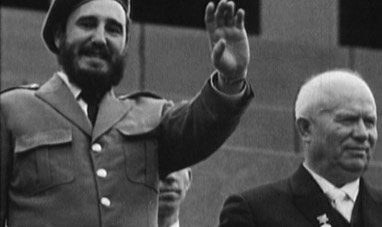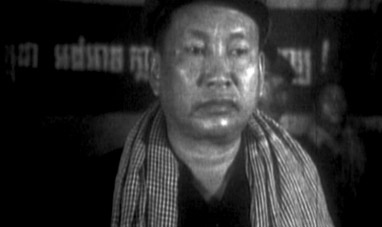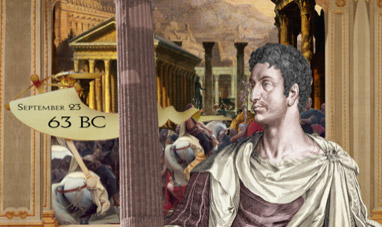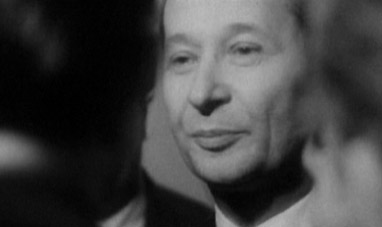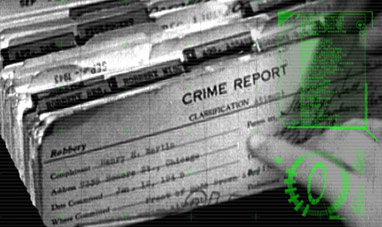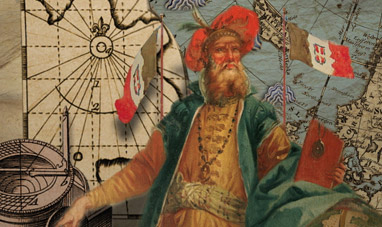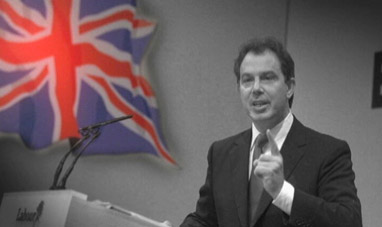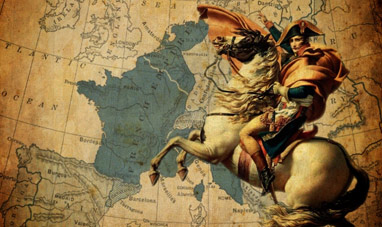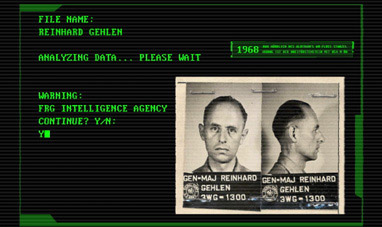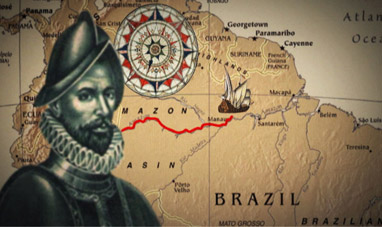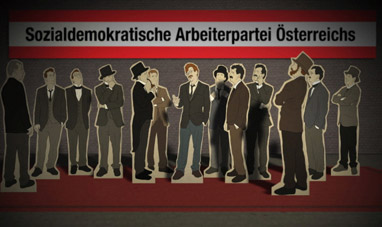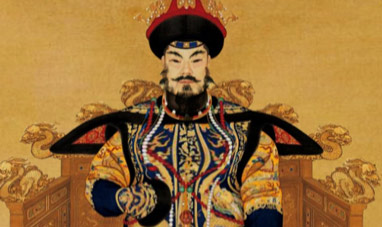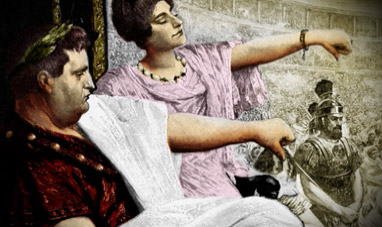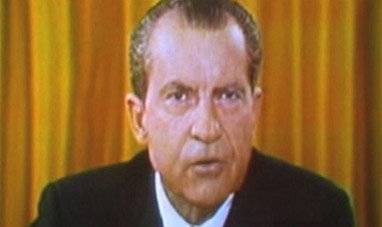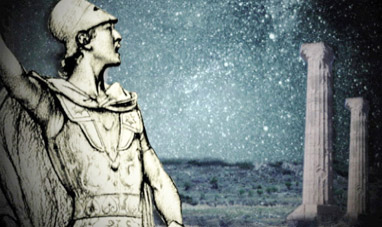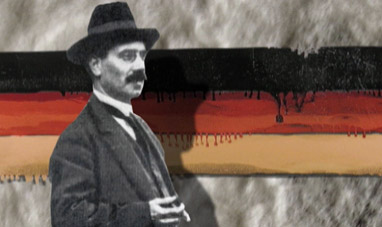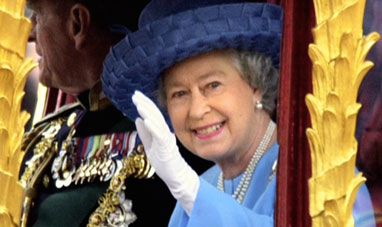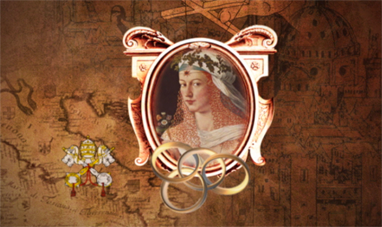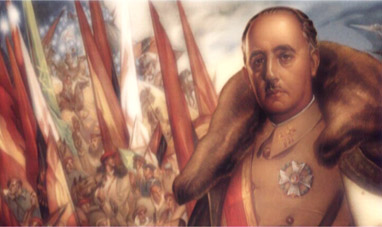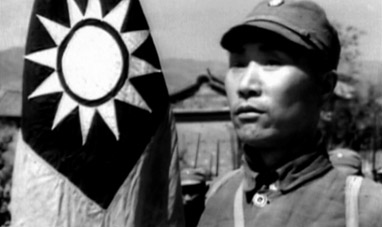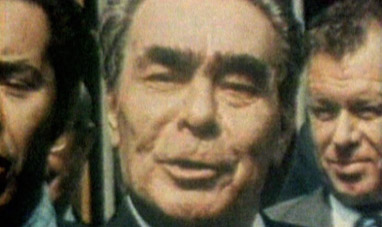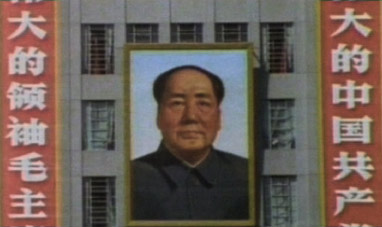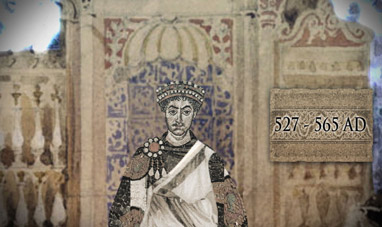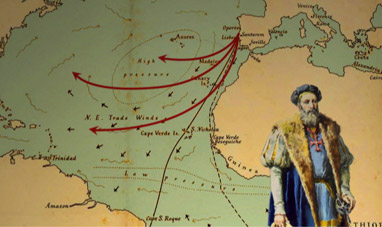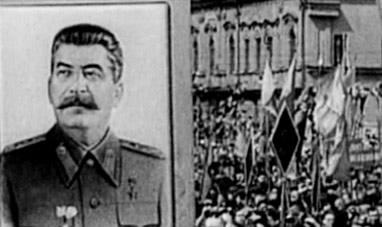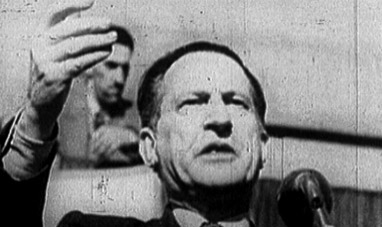Dwight David Eisenhower was Supreme Commander of the Allied Forces in Europe during World War Two and served as 34th President of the United States of America. Born in Denison, Texas, on October 14, 1890, Eisenhower was known to all by the nickname Ike. He began a long career in the Army, enrolling at West Point military academy when he was 20. He was promoted to the rank of colonel when he was 51. A few months later, America entered World War Two. Eisenhower was appointed top commander of the Allied forces in Europe on July 1942. On June 6, 1944, known as D-Day, he successfully directed the military landings in Nazi-occupied Normandy, France. It was one of the decisive operations of World War Two.
At the end of the war, Eisenhower received a hero’s welcome upon his return to the US. At the end of 1950, he became Supreme Commander of NATO. NATO was a US-led, anti-Soviet military alliance that arose from the Cold War, an undeclared conflict that started between America and the Soviet Union after World War Two. When Eisenhower retired from the army in 1952, the Republican Party chose him as its presidential candidate. After an electoral campaign marked by the slogan “I like Ike”, Eisenhower took office on January 20, 1953. Four years later, voters reelected him to the White House. One of Eisenhower’s first acts as president was to sign the armistice that ended the three-year-long Korean War. During the war, China and the Soviet Union had supported northern Korea against the southern part of the same country, supported in turn by America and other members of the UN. Three years later, Eisenhower took on the Suez Crisis. Britain, France and Israel, all American allies, had invaded Egypt to restore their control of the Suez Canal after the Egyptian government nationalized it. Eisenhower firmly condemned the invasion, taking a stance similar to the Soviets’.
On the domestic front, he reformed the education system and expanded welfare programs. When the governor of Arkansas prohibited African American students from attending school in the state capital of Little Rock in 1957, Eisenhower sent Federal troops there to guarantee free access to classrooms. In 1958, one year after the Soviet Union launched its first satellite, the US founded its own space agency: NASA. Eisenhower further opposed the Soviets by financing anti-Communist movements around the world. After the Cuban Revolution of 1959, he supported opponents to the Latin American country’s socialist leader Fidel Castro. At the same time, Eisenhower attempted to ease international tensions in a process that reached its peak with Soviet leader Nikita Khrushchev’s historical visit to the US. Eisenhower retired from public life following his second presidential term. He died on March 28, 1969. He was 78.
At the end of the war, Eisenhower received a hero’s welcome upon his return to the US. At the end of 1950, he became Supreme Commander of NATO. NATO was a US-led, anti-Soviet military alliance that arose from the Cold War, an undeclared conflict that started between America and the Soviet Union after World War Two. When Eisenhower retired from the army in 1952, the Republican Party chose him as its presidential candidate. After an electoral campaign marked by the slogan “I like Ike”, Eisenhower took office on January 20, 1953. Four years later, voters reelected him to the White House. One of Eisenhower’s first acts as president was to sign the armistice that ended the three-year-long Korean War. During the war, China and the Soviet Union had supported northern Korea against the southern part of the same country, supported in turn by America and other members of the UN. Three years later, Eisenhower took on the Suez Crisis. Britain, France and Israel, all American allies, had invaded Egypt to restore their control of the Suez Canal after the Egyptian government nationalized it. Eisenhower firmly condemned the invasion, taking a stance similar to the Soviets’.
On the domestic front, he reformed the education system and expanded welfare programs. When the governor of Arkansas prohibited African American students from attending school in the state capital of Little Rock in 1957, Eisenhower sent Federal troops there to guarantee free access to classrooms. In 1958, one year after the Soviet Union launched its first satellite, the US founded its own space agency: NASA. Eisenhower further opposed the Soviets by financing anti-Communist movements around the world. After the Cuban Revolution of 1959, he supported opponents to the Latin American country’s socialist leader Fidel Castro. At the same time, Eisenhower attempted to ease international tensions in a process that reached its peak with Soviet leader Nikita Khrushchev’s historical visit to the US. Eisenhower retired from public life following his second presidential term. He died on March 28, 1969. He was 78.

